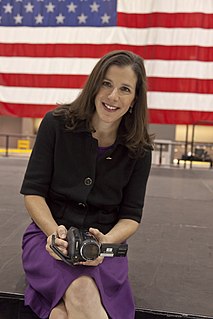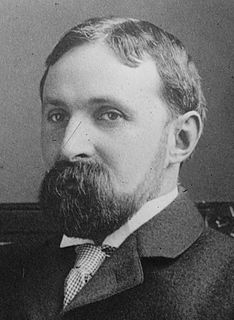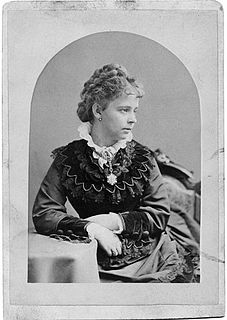A Quote by Mason Cooley
Dutch painting: daily life is enough.
Related Quotes
I think that one not only has to make demands on the established group, but one also has to make demands on the outsider group. One has to make clear: if you want to leave, please do so. But if you want to stay here, a degree of accommodation to the Dutch outlook, Dutch manners, and a degree of identification with the Netherlands will be expected of you. There is no reason why there cannot be Dutch Turks or Dutch Moroccans. But one can expect from them a degree of identification, some change of their own social identity.
The danger lies in forgetting what we had. The flow between generations becomes a trickle, grandchildren tape-recording grandparents' memories on special occasions perhaps-no casual storytelling jogged by daily life, there being no shared daily life what with migrations, exiles, diasporas, rendings, the search for work. Or there is a shared daily life riddled with holes of silence.
Prescription for Life-long Happiness: Purpose enough for satisfaction; Work enough for sustenance; Sanity enough to know when to play and rest; Wealth enough for basic needs; Affection enough to like many and love a few; Self-respect enough to love yourself; Charity enough to give to others in need; Courage enough to face difficulties; Creativity enough to solve problems; Humor enough to laugh at will; Hope enough to expect an interesting tomorrow; Gratitude enough to appreciate what you have; Health enough to enjoy life for all its worth.






































